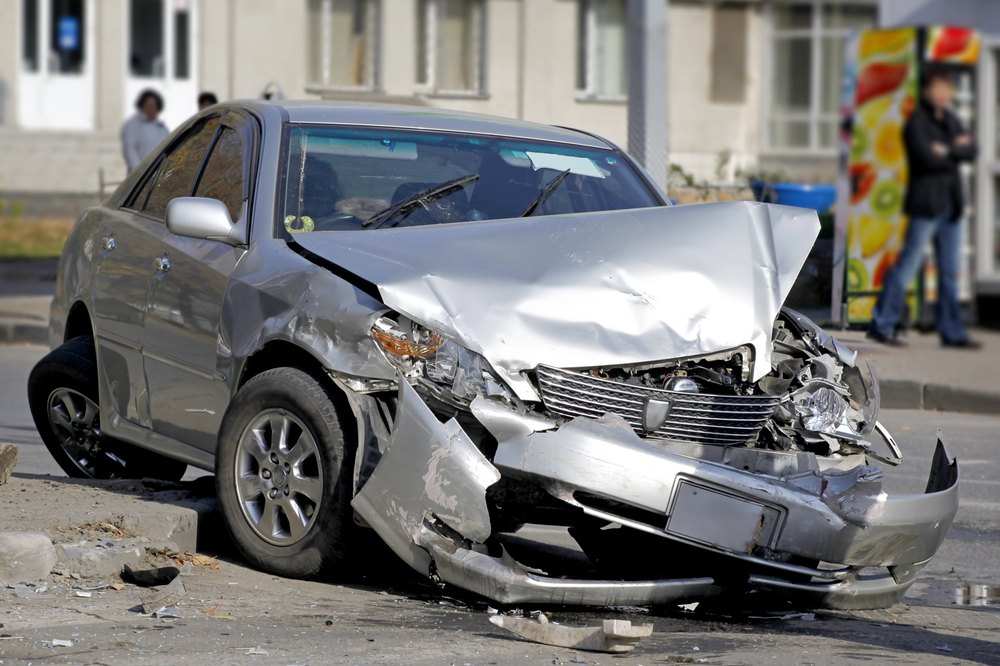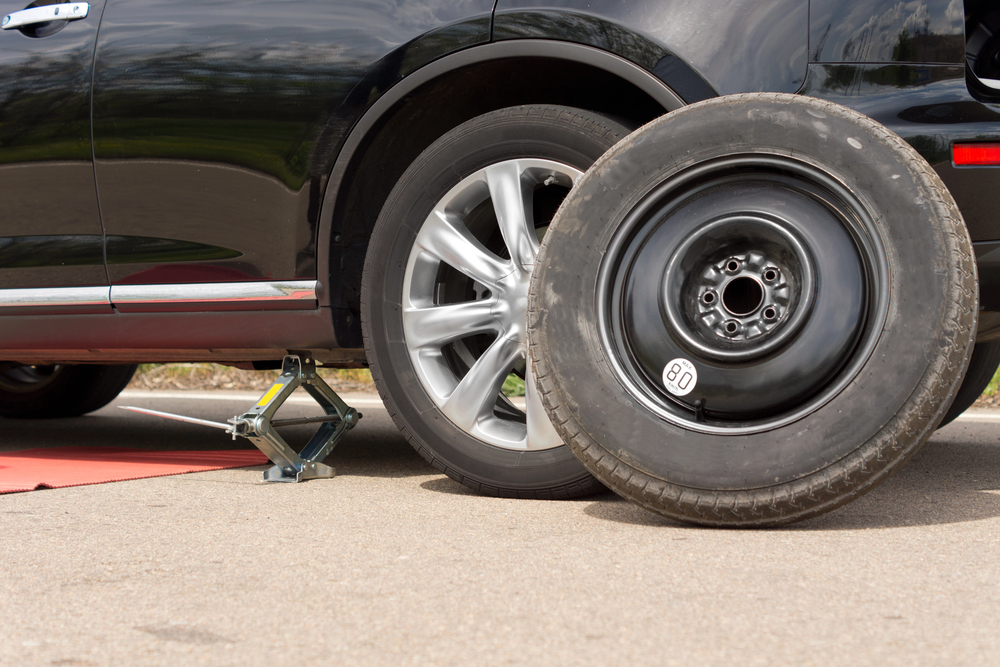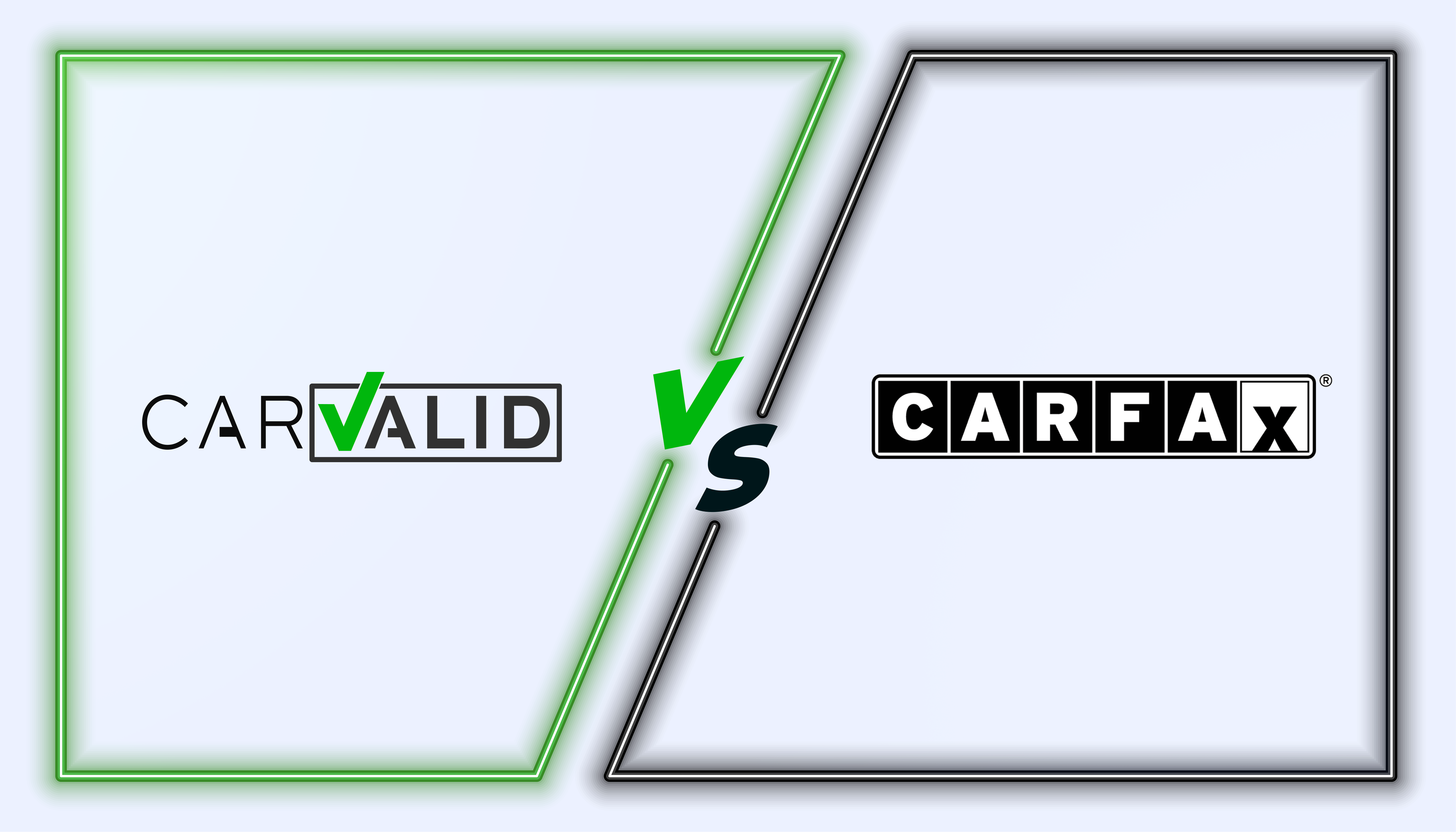Has the Car You Wanted to Purchase Ever Been in a Crash? Here’s How to Check Vehicle Accident History Records
Artak Sahakyan
Aug 29, 2025

Buying a used car from a private seller or dealership in America can be exhilarating, but it can also be stressful. You might find the exact make and model you've been looking for and maybe the right color and at the right price, but before you shake hands with the seller, you need to consider one last thing. Has the vehicle ever been in an accident? Now is probably a good time to do a vehicle accident history check. A car may look perfect from the outside and it might even drive great, but it may have problems that are lurking somewhere below the paint caused by previous accident damage. Knowing the history will give you a chance to make an informed decision, avoid unexpected costs for repairs and ensure your safety.
Why Accident History Matters
Having a car that has been in an accident is not always a deal breaker. As long as the vehicle is repaired properly, it can be put back in its original condition and provide the owner with a worry-free ownership experience. The real problem is when the vehicle, especially one that has been in a serious collision, was not repaired properly with the aim of making it look good cosmetically without addressing any of the important damaged components that lie beneath the vehicle’s outer panels. Further complicating the situation is the fact that lack of disclosure by the seller makes this shoddy repair invisible to the untrained eye.
Vehicles with hidden accident-related damage may have serious unresolved issues such as:
- Frame or structural damage. This can compromise the vehicle’s safety and drivability and involve additional costly repairs to bring the vehicle back to roadworthy condition.
- Electrical or sensor problems. A vehicle’s airbags, modules and sensors may not work after improper repair, causing a slew of electrical faults, problems and safety risks.
- Reduced resale value. Even if the car runs perfectly, when you attempt to sell it the fact that it has been in a prior accident is not something buyers want to hear or see, making a car with accident history less desirable on the open market.
- Insurance surprises. Your insurance premiums could be higher with a vehicle with extensive accident and total loss history.
Having as much information as possible about the vehicle’s history, including past accident events and insurance claims, can make a massive difference and help guide you in the car buying decision process.
Where do vehicle history records come from?
In the US, accident data is extrapolated extrapolates from various private, insurance and government reporting agencies. Records are not kept by a single agency.
Most reporting agencies fall under one of the following 6 source categories:
- Local Department of Motor Vehicles (DMV)
- National Motor Vehicle Title Information System
- Insurance companies (if claims were submitted)
- Vehicle Inspection Facilities
- Local legal reporting agencies
- Repair shops and service facilities.
By utilizing CarValid.com, a reliable VIN check service, you are able to obtain information comprised of data reported by multiple data sources conveniently displayed in one easy-to-read report.
What You Can Learn from a Vehicle Accident History Report
Using a vehicle accident history reporting service yields a lot of useful information related to collision events, including vital details such as airbag deployment, crash severity, damage to vehicles, related total loss records and more.
Checking out a car’s accident history isn’t just for car enthusiasts or anxious buyers; it can serve as a vital tool for all pre-owned car buyers. You want to know if that “barely used” ride just had a simple bumper respray due to a minor scratch, or if it got pancaked and stitched back together like Frankenstein.
How to Access Vehicle Accident History
- Find the Vehicle Identification Number (VIN)
- Run a VIN Check Online
- Cross-check with Seller’s Story
- Get a Pre-Purchase Inspection (PPI).
- Ask for Repair Receipts.
Red Flags You Should Watch
- Watch for vehicles with multiple accidents and severe damage history. That car’s probably going to be cursed with ongoing problems, so in most cases it is best to stay away and move on to another option.
- Salvage or rebuilt title. A vehicle with a branded title like salvage or rebuilt means that it was deemed a total loss due to damage so great that it was determined to cost more to repair than the value of the vehicle itself. The consensus for these types of vehicles is that the insurance company already gave up on them once; maybe you should too.
- Any hint of flood damage. Water damage can cause electrical gremlins to appear and disappear sporadically, making them hard to diagnose and repair properly. Additionally, water can accelerate metal corrosion and mold.
- Airbags went off but there is no proof they were fixed. Hard pass, unless you like living dangerously.
Do your homework, and don’t get played.
Many buyers skip checking accident history because the car looks and drives fine, so they naturally assume that it must be fine, but that is not always the case. Don’t make the mistake of trusting someone you do not know, trust should always come with proof.




